20th June 2025 By Andrew Oyedola (National Coordinator, NSSPF, UK)
In Cambridge, UK, – 12 June 2025 – the African Researchers Interest Group (AFRIG) at Anglia Ruskin University (ARU) hosted its landmark AFRIG Conference 2025, themed ‘Africa and the Future of Education,’ at ARU’s Cambridge campus. The event convened academics, researchers, diaspora experts, and students to explore transformative ideas and strategies for shaping the future of education across the African continent.
A Call to Action: Diaspora Researchers and Rebuilding Africa
Among the compelling presentations, I was privileged to give a session focusing on ‘The Role of Diaspora Researchers in Rebuilding African Education and Economy.’ My presentation, a key highlight that underscores the conference’s goal, was a powerful call to action, urging African researchers in the diaspora to actively engage in the continent’s development. In my presentation, I emphasised that my address was not a mere repetition of the well-documented problems facing Africa but a proactive roadmap – a ‘call to action’ for tangible change.
I carefully acknowledged Africa’s historical and ongoing challenges, including the pervasive exploitation of its natural and human resources, which have undeniably led to economic imbalances and hindered sustainable growth. However, instead of dwelling on these issues, my presentation is a pivot to highlight the immense, often untapped, potential within the African diaspora. I argued that African researchers living abroad are uniquely positioned due to their unparalleled access to world-class resources, including advanced technologies, state-of-the-art research facilities, and invaluable global academic and professional networks. Furthermore, we, having been raised in Africa with a firsthand experience of the condition but now in diaspora, possess a deep, inherent understanding of both African cultural and socio-economic contexts, combined with exposure to international best practices.
Bridging Gaps and Forging Futures
A core tenet of my argument was the crucial importance of diaspora researchers actively connecting with our home countries. I argued that solutions to African problems should emerge internally, rather than relying solely on external interventions. While acknowledging the historical issue of ‘brain drain,’ where skilled professionals leave for developed nations, my presentation provided a nuanced perspective: brain drain isn’t necessarily negative if we consciously and consistently connect back to our countries of origin.
My presentation proposed several concrete and actionable strategies for diaspora researchers to make a profound impact:
- In Education: I advocated for collaborative research projects that span continents, reciprocal exchange programs for both students and faculty, and the development of curricula that thoughtfully integrates indigenous knowledge systems. I particularly stressed the importance of exposing African students to the inherent value of their own indigenous knowledge and fostering a culture of practical application in research.
- In Economy and Beyond: I urged a focus on sustainable resource management to counteract historical exploitation, robust networking to build stronger ties, and active involvement in ensuring equitable development policies that truly benefit African nations.
My presentation presented a pragmatic approach to the challenges that might arise, such as limited institutional support, bureaucratic hurdles, and insufficient funding. Yet, it maintained an optimistic outlook, believing these can be surmounted through dedicated connection and sustained collaboration. Buttressing my point further with the hope to inspire perseverance, Charity Chukwuemeka, a Global Health expert, illustrated the point by sharing a compelling personal anecdote about a research into a Nigerian leaf (Onuku leaf) and its promising potential for breast cancer treatment – a testament to the power of indigenous knowledge and the need for relentless pursuit despite limitations.
The essence of my presentation revolved around the transformative power of partnership and collective action. It aimed to passionately encourage robust collaboration between diaspora researchers, African institutions, and local students, framing this synergy as the key to transforming challenges into unprecedented opportunities. I concluded with a powerful analogy, urging attendees to be bold enough to ask fundamental questions and pursue their own unique research visions, even if it means challenging the existing status quo.
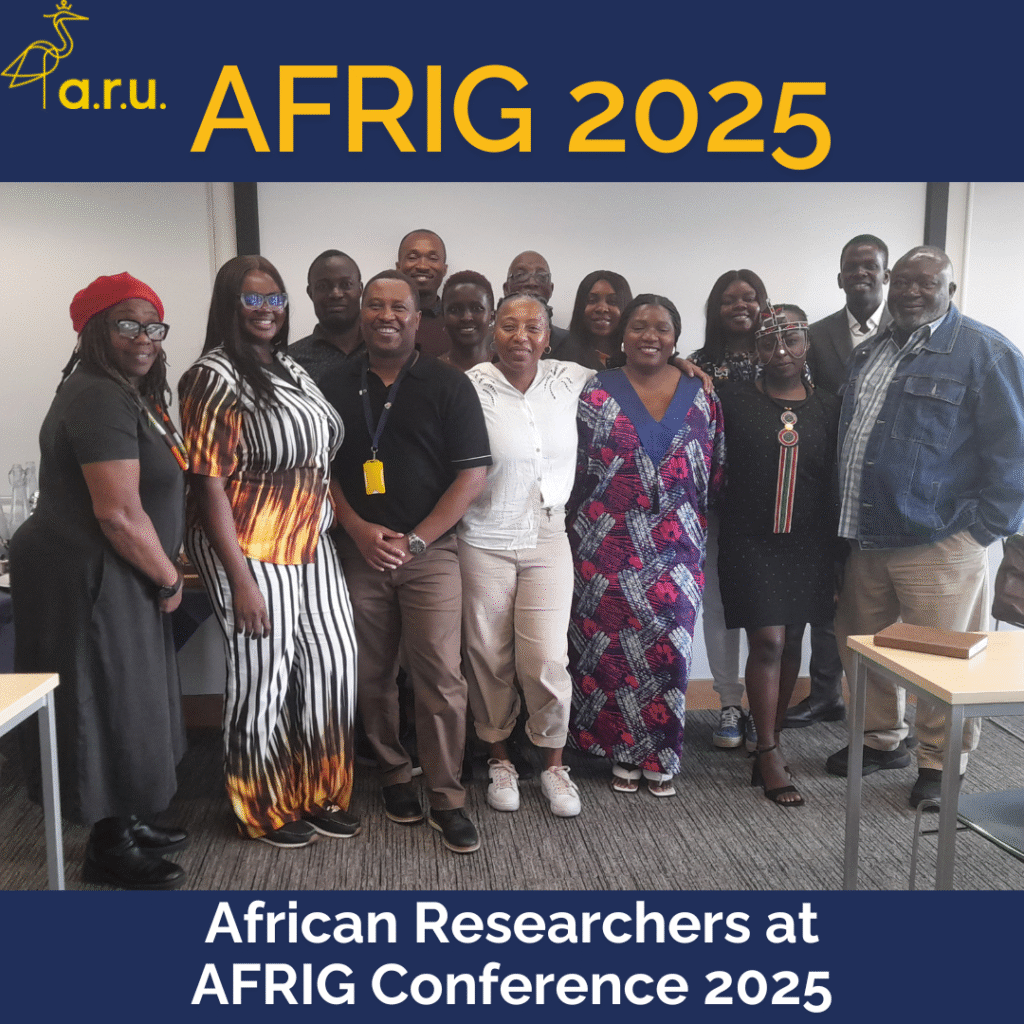
The Bigger Picture: AFRIG Conference 2025 Highlights
The AFRIG Conference 2025 featured a rich program, including:
- Keynote: ‘Chalkboard to Chatbot: Reimagining African Education’ by Faith Onoberhie, Sandra Obed, and Daniel Uponi, exploring the potential of AI and digital tools.
- ‘In Search of Our Missing Epistemic Pedagogies’ by Jheni Arboine, urging the reclamation of indigenous teaching traditions.
- Another session featuring Dr. Francis Adelade Fakoya on Africa’s research infrastructure
- A panel discussion on ‘What is the Future of Education in Africa?’
- A keynote by Professor Prospera Tedam on ‘The Role of African Scholars in Decolonising Research.’
- A session by Charity Chukwuemeka on the Science Education Crisis in Nigeria.
Lessons Learned and Action Items
With the relentless Dr. Tarisai Chikomba leading the preparation and anchoring the whole programme, the conference underscored the critical need for collaboration, knowledge sharing, and the integration of indigenous knowledge in shaping Africa’s educational future. Part of the key takeaways was the immense power of partnership I championed between diaspora researchers, African institutions, and students. With my presentation perfectly encapsulating this, it was emphasised that genuine partnership and collective action are crucial to transforming challenges into opportunities. The discussions also highlighted a pervasive issue raised by Dr. Hugo Onumajuru, an AFRIG member as a reaction to my collaboration call. He raised concerns about the historical disdain for traditional African medicine and the unfortunate tendency for indigenous knowledge to be appropriated, only to be ‘sold back’ as non-African innovation. I strongly agreed, underscoring the urgent need to educate both internal and external stakeholders on the profound value and proper, respectful use of indigenous knowledge. I also expressed a particular concern for empowering African students, ensuring they connect their learning with their rich heritage and are equipped to contribute meaningfully to their continent’s progress.
Irine Mano concluded the conference by summarizing key takeaways and laying down commitments for collaborative research and future engagement, reinforcing the forward-looking spirit of the event.
Looking Ahead
AFRIG continues to serve as a vital platform for African and Africa-focused researchers, amplifying African voices, decolonizing knowledge systems, and driving educational innovation. The 2025 conference reaffirmed its mission to foster a robust academic community dedicated to a prosperous and self-determined Africa. With a special thanks to the organising team led by Dr. Tarisai.
For more information about AFRIG or to get involved, please visit: www.aru.ac.uk/afrig
Contact: tarisai.chikomba@aru.ac.uk
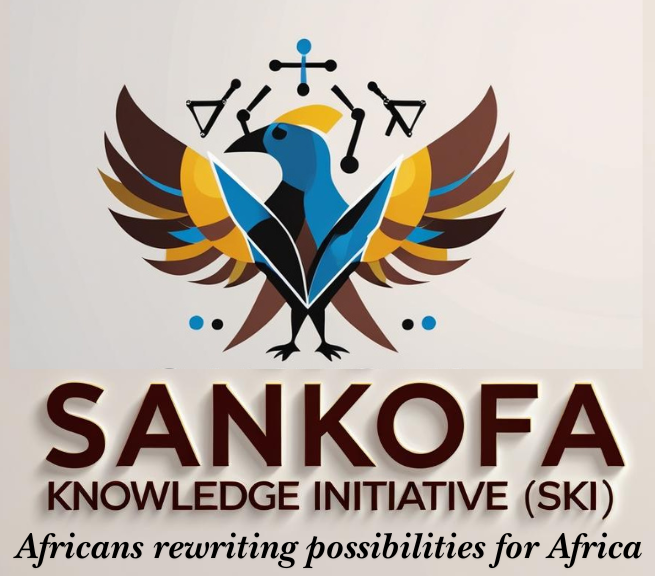
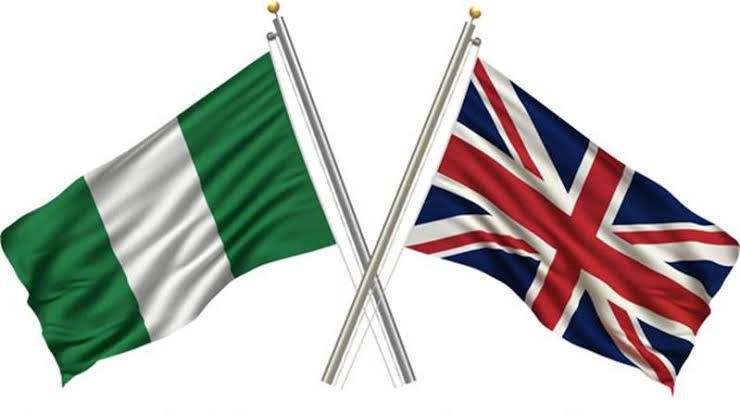
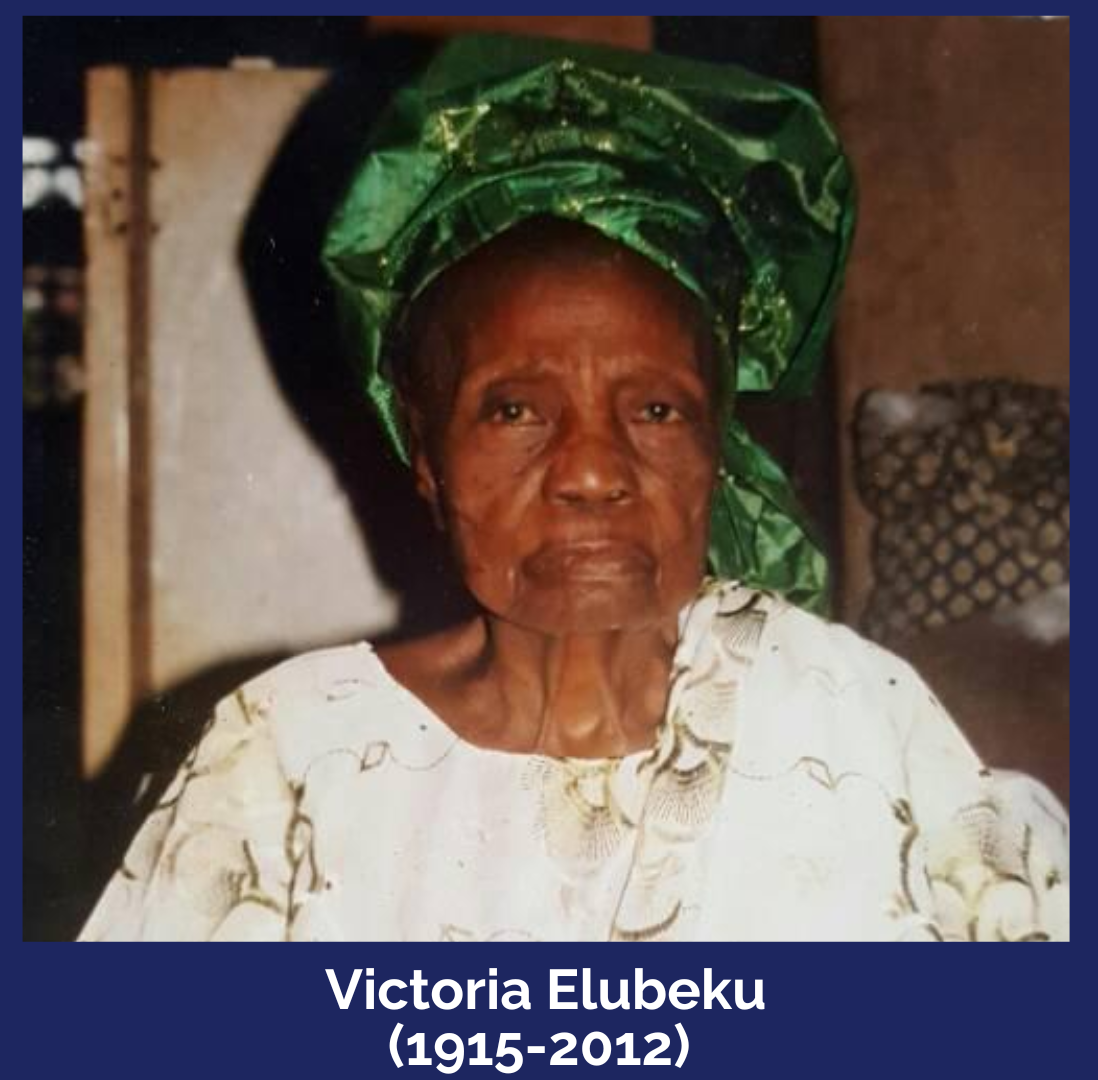




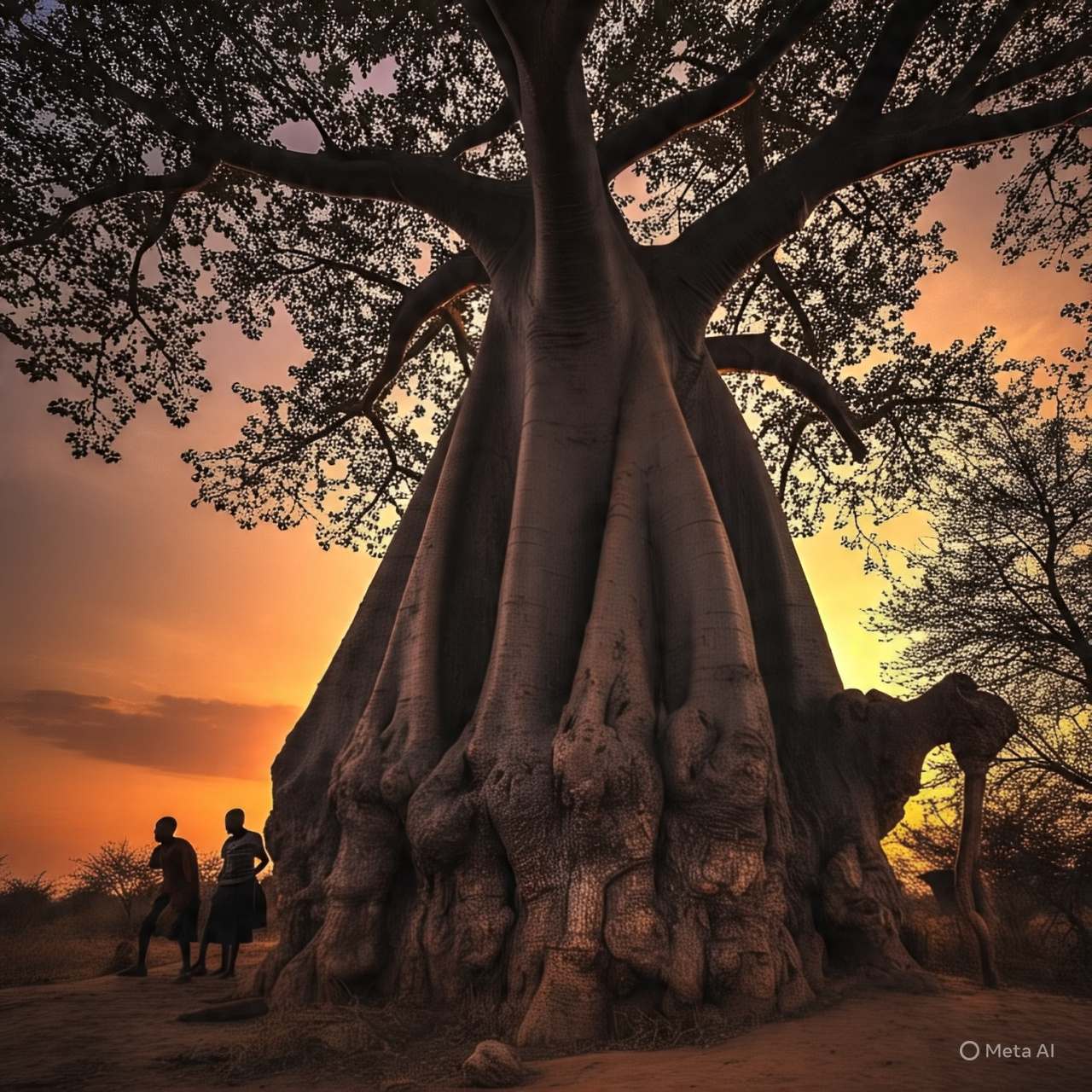

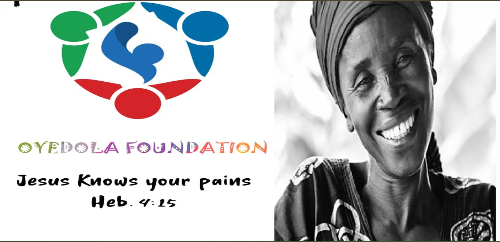


Leave a Reply